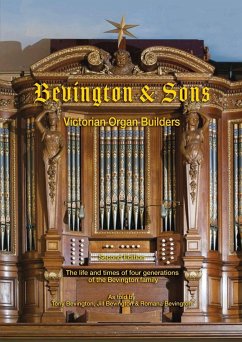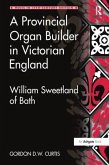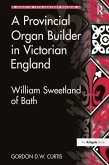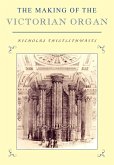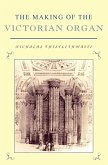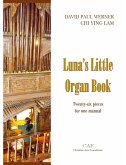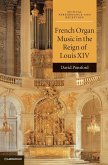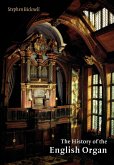Now a fully revised and expanded second edition, Bevington & Sons, Victorian Organ Builders, tells the story of four generations of the Bevington family who presided over Bevington & Sons, the renowned organ builders of Soho, London, who built and erected more than 2,000 pipe organs between 1794 and 1950, and sold them all over the world. Generously illustrated, it includes many facts and figures relating to individual organs together with a comprehensive database for over 1,300 instruments, both past and present, although Stop Lists are not included. Partly genealogical, there is also a chance to look at the social context in which the Bevington family conducted their business and, as well as many musicians of the time, there are unexpected links with Florence Nightingale, Bedlam, Dickens and a famous London neurological hospital, that make the book an absorbing companion to other, more technical, works on organ building. Every Bevington organ has its own tale to tell and it is hoped that readers will enjoy the many vignettes discovered whilst researching the Bevington family history.
Hinweis: Dieser Artikel kann nur an eine deutsche Lieferadresse ausgeliefert werden.
Hinweis: Dieser Artikel kann nur an eine deutsche Lieferadresse ausgeliefert werden.

